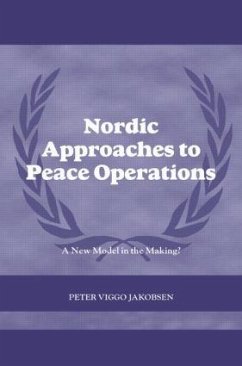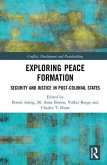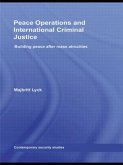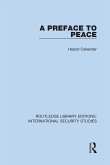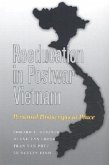A new examination of Nordic approaches to peace operations after the Cold War. It shows how the Nordic countries (Denmark, Finland, Norway and Sweden) remain relevant for the study and practice of post-Cold War peace operations. This unique study is structured around eleven success conditions derived from an analysis of the lessons learned since the early 1990s, ensuring that the results of the case studies are directly comparable. These case studies are supplemented by an analysis of Nordics' collective efforts to replace their old Cold War peacekeeping model with a new one that meets the requirements of the new era. The overall conclusion is that the Nordics have succeeded in meeting the post-Cold War requirements for success, both individually and collectively, and that a new effective model is in the making. This book makes several important contributions to the literature on peace operations. First, it demolishes the widely held view that the Nordic countries remain a bastion of traditional Cold War peacekeeping with little relevance for contemporary operations. Second, it constitutes the first systematic overview of the reforms undertaken by the four Nordic countries since the end of the Cold War. Third, it fills a "historical" gap by providing a comprehensive analysis of the celebrated old Nordic Cold War model, explaining how and why it developed and how it functioned. Finally, the analytical framework is a general tool which can be used to evaluate the approaches to peace operations employed by countries around the world. This book will be of great interest to all students of peacekeeping, peace studies, security studies and IR in general.
Bitte wählen Sie Ihr Anliegen aus.
Rechnungen
Retourenschein anfordern
Bestellstatus
Storno

